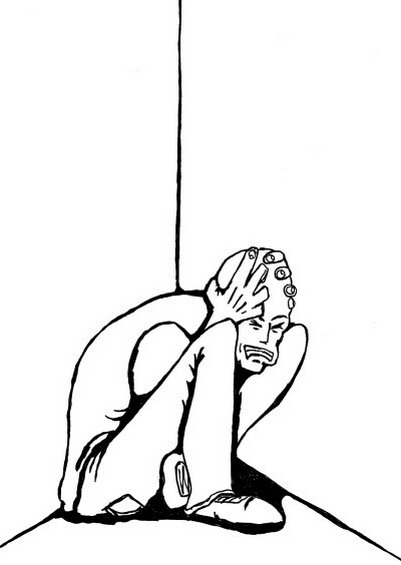Understanding Those Volatile Mood Swings Bipolar disorder (also referred to as a manic-depressive illness) is a brain disorder that causes sudden shifts in mood and energy. Bipolar disorder affects millions of people around the world and it is a subject worthy of understanding. Here's what you need to know.
What Causes Bipolar Disorder?
Bipolar disorder is caused by chemical imbalances in the brain. When most people get upset, their brain chemicals (neurotransmitters) enter a stage of disarray. But as they gather themselves, these chemicals become balanced again. However, people with bipolar disorder are not able to reach this equilibrium on their own. Reasons include physical changes in the brain, imbalanced hormones, stress, substance abuse, mental trauma, social isolation and a family history of the illness.
Symptoms of Bipolar Disorder
The most common symptom of bipolar disorder is the display of highly intense emotions. Bipolar disorder manifests itself in two stages: the manic stage and the depressive stage. Specific symptoms of each stage are as follows: |  |


| Manic phase symptoms: Characterised by feelings of intense joy, excitement, euphoria, or extreme agitation and irritability. Behavioural symptoms include restlessness, distractedness, fast speech, racing thoughts, lack of sleep and being overly impulsive.
Depressive phase symptoms: Characterised by feelings of sadness, hopelessness, excessive worrying and lack of interest in activities that were once enjoyable. Behavioural symptoms include fatigue, lack of concentration, memory lapses, feeling suicidal and poor performance at school or at work.
Who Is at Risk?
People of both sexes and all races and socio-economic classes are equally likely to develop bipolar disorder. The illness usually manifests around the age of 25, with men more likely to undergo a manic state and women more likely to experience a depressive state initially. Having a relative with bipolar disorder increases the chances of a person being detected with the illness, but bipolar disorder is not purely hereditary. Other factors such as constant stress, drug or alcohol abuse, insomnia, antidepressant medication, major life changes and traumatic events can also put one at risk of developing bipolar disorder.
Treatment for Bipolar Disorder
There is no "cure" for bipolar disorder, but the illness can be managed with proper long-term treatment. Treatment options include mood stabilizing medication, antipsychotic medication and antidepressants. Doctors decide the nature and course of treatment based on individual patients and their specific symptoms.

Lifestyle Tips for Managing Bipolar Disorder
Along with medical treatment, doctors recommend daily exercise, healthy and timely eating, proper sleep, relaxation, cognitive behavioural therapy, new hobbies, and a daily routine for people suffering from bipolar disorder.
With the help of regular medication, lifestyle changes and support groups, millions of people around the world are able to manage bipolar disorders successfully and keep symptoms well under control. |



